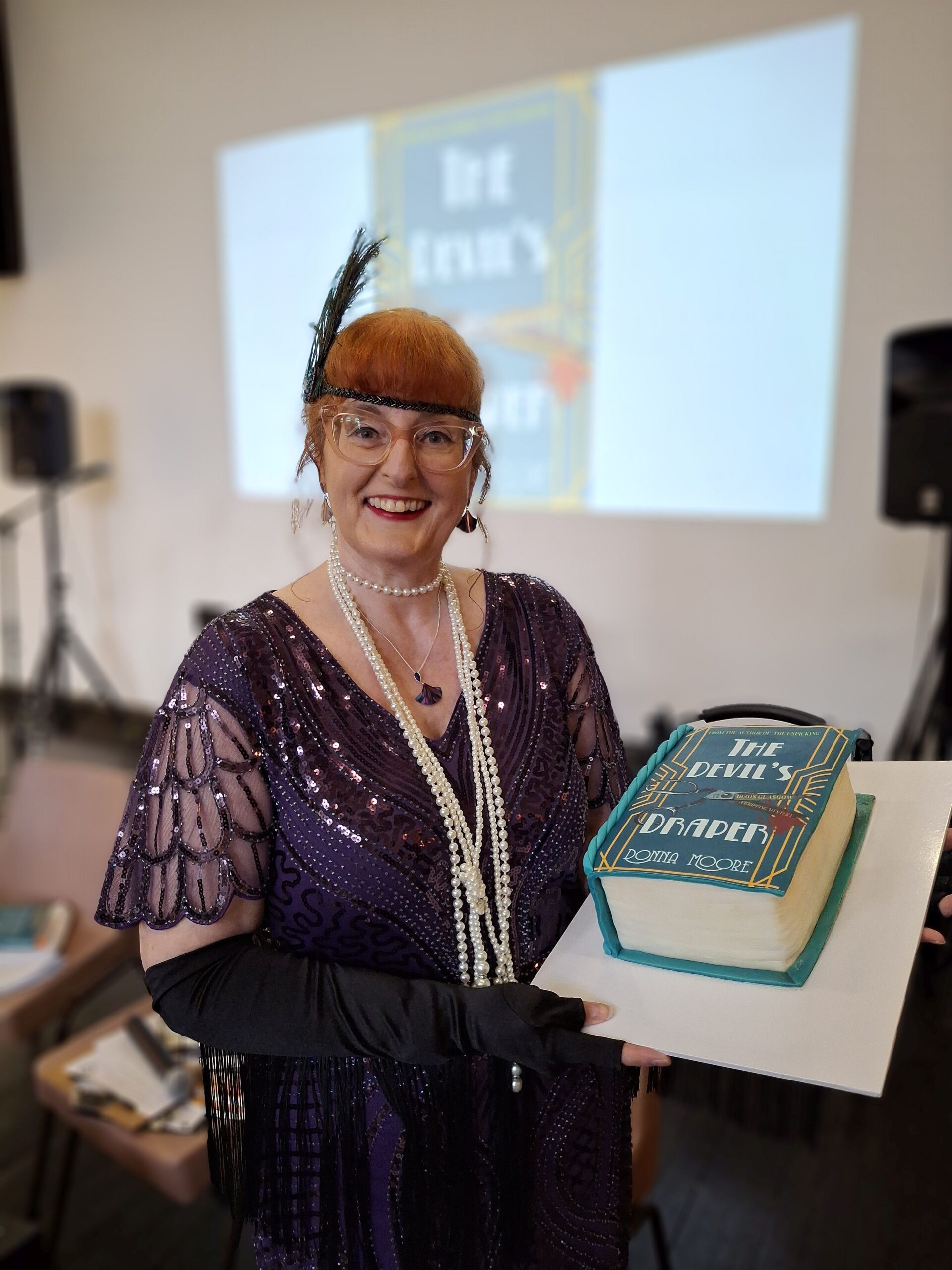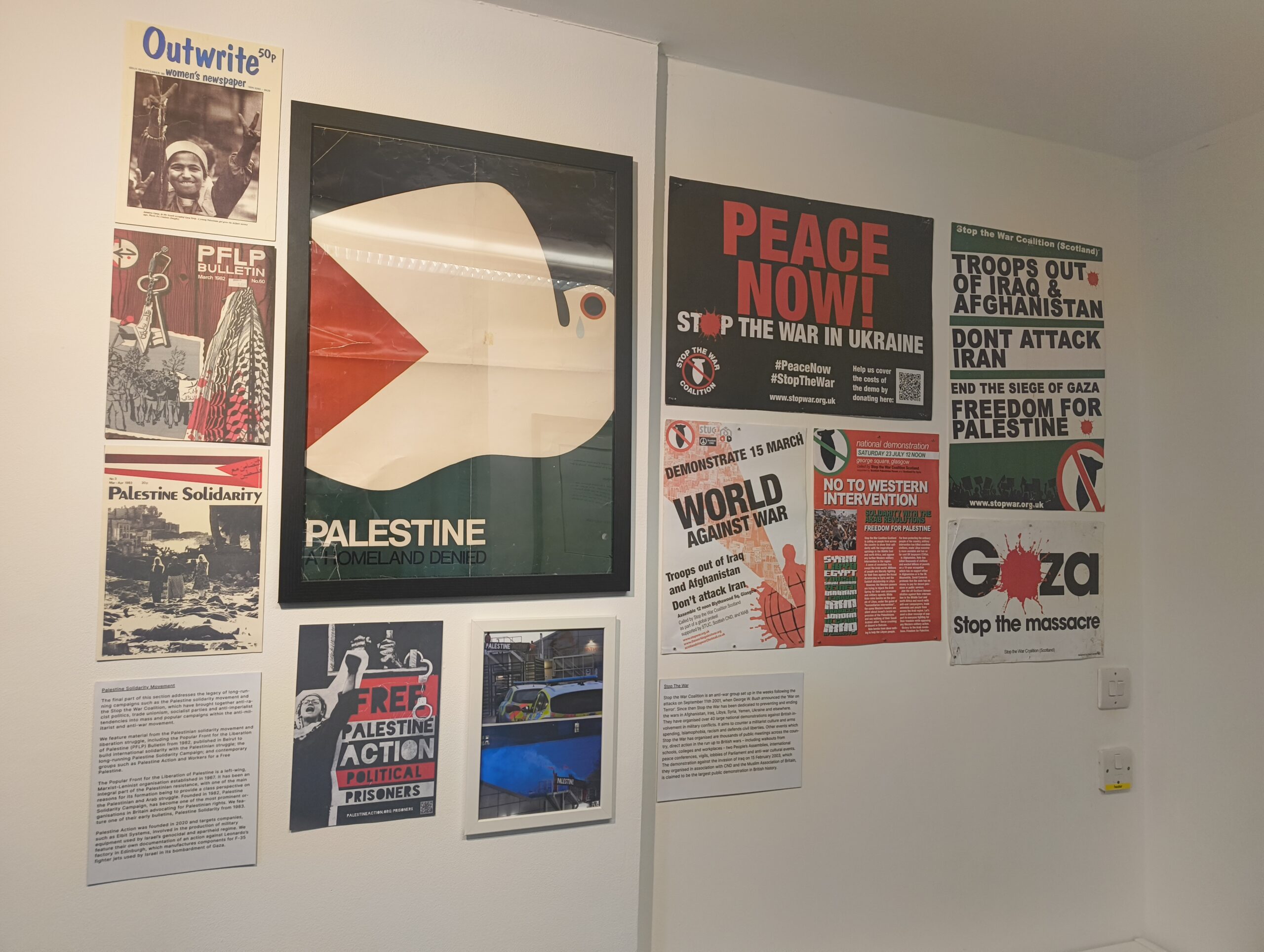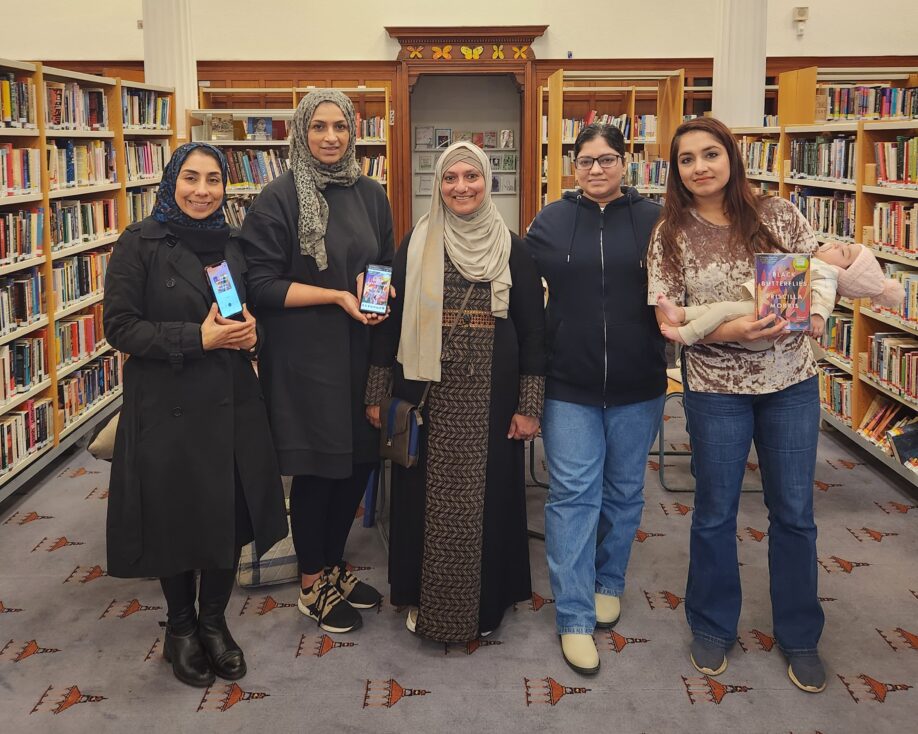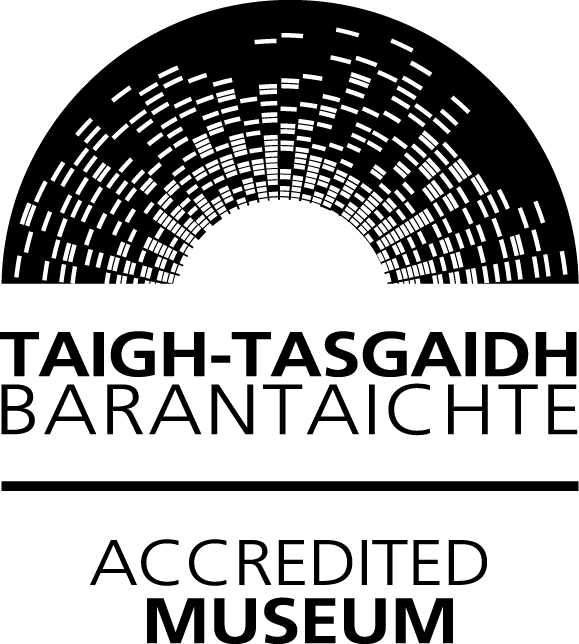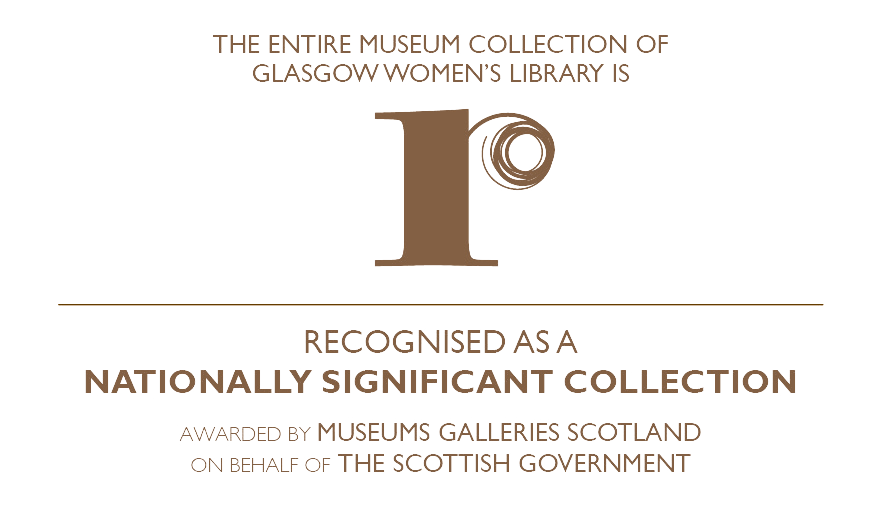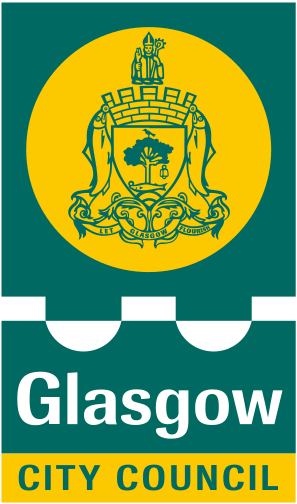This essay was shared with us by Muna Saeed to include in our current exhibition While We Wait. Muna is Glasgow based refugee writer from Yemen.
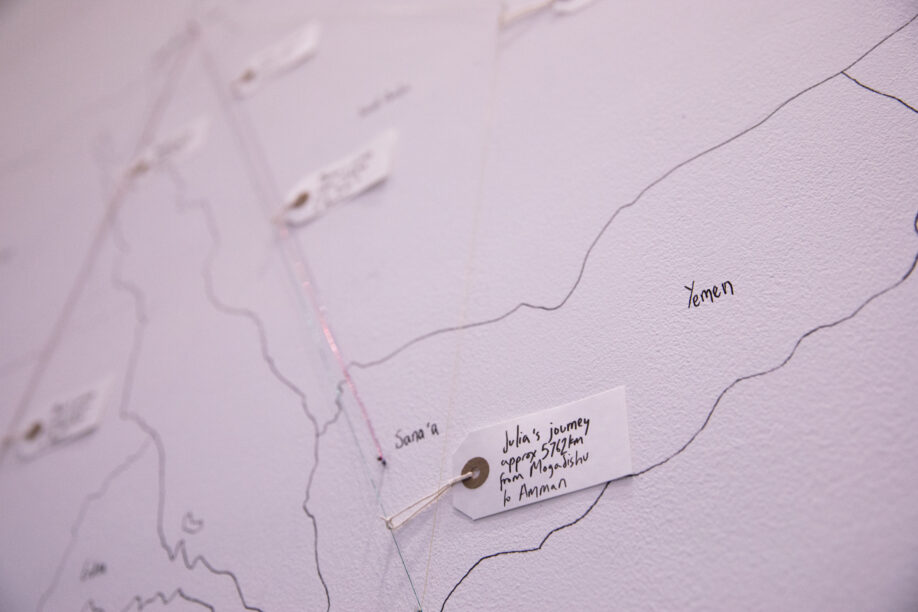
Helping to Heal or to Escape: My Search for Meaning
by Muna Saeed
They say, “Life takes you to unexpected places, and love brings you home.”
But home, for me, became an unreachable memory. I didn’t get to kiss my grandma’s soft cheeks goodbye, the smell of her Lahoh, that warm bread she’d bake follows me around. It keeps me going.
It hugs me tight. It reminds me of who I am. It grounds me. It pushes me to soar and shows me the way. I would stumble. Get lost. Get stuck. But I always find some clues. I would hear her singing, that beautiful joyful voice that makes me smile and sob. It’s still soothing. I would close my eyes so tight to imagine sitting next to her as she eats her lunch and feeds me bites to help her finish the lamb and rice she couldn’t finish on her own. I always longed to that moment with her. The tang of pickled lemon adding a bittersweet touch to every meal. That flavour lingers with me, a reminder of the bittersweet reality of my own life—sweet memories of love, now coloured by the bitterness of loss and distance.
Shotguns. Fire. War. Borders.
I left her—the person I loved most. I had no choice. The violence didn’t ask for permission; it swept us up and spit us out into unfamiliar lands. I never wished to live life away from her, from family, from the streets I knew so well. But here I am, in a different world, where everything is calm, yet I
can’t shake the storm brewing inside me. A part of me is scared, another part remains numb, and yet another resents the peace that I thought would feel more like freedom. No one tells you that escaping the war doesn’t mean escaping the damage it leaves behind. I crossed those borders, but I carry my past with me.
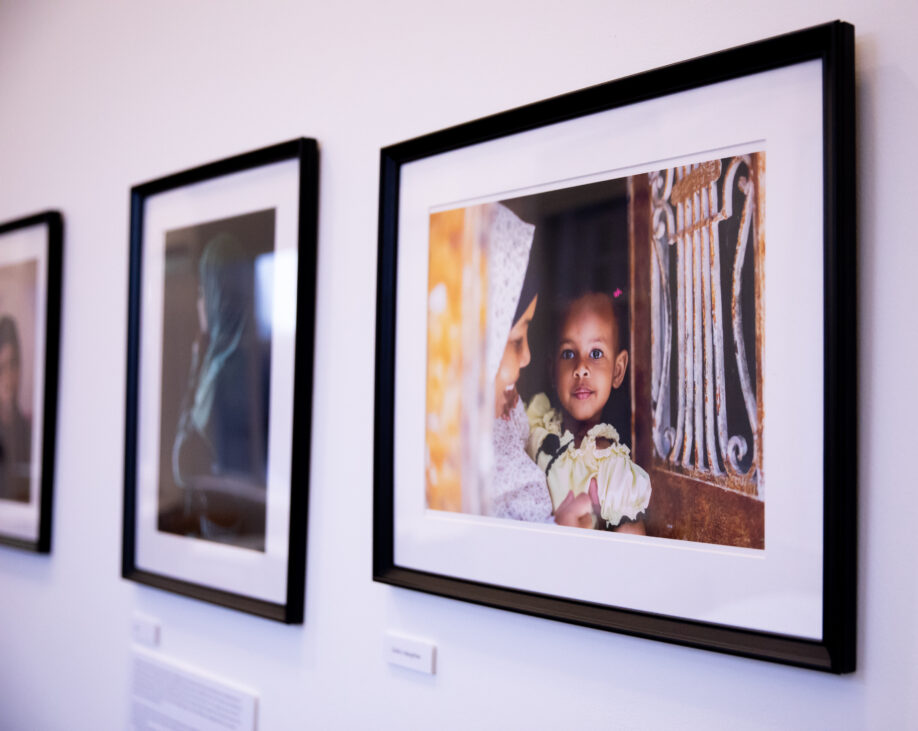
Still, there’s a part of me that feels alive in this new place. I can breathe fresh air, feel July’s grass beneath my feet, and dream of a future that once seemed impossible. But even as I try to embrace the present, the past pulls me back. The borders I crossed to find safety seem to have grown inside me, wrapping around my heart, sometimes leaving me feeling lost and out of place. It’s a contradiction I can’t quite explain to those around me—living in peace, yet fighting an invisible war inside myself.
Some days, the weight of it is so heavy that even sleep escapes me.
And yet, suddenly, I found myself taking a path of working in mental health, helping others with their pain and struggles. Being close to people, interacting with them, and building genuine connections has always been something I valued and practiced throughout my life. Why would
someone like me, still battling the ghosts of war, turn toward healing others rather than myself? At first, I thought it might be a way to escape. To focus on someone else’s suffering, so I wouldn’t have to face my own. But over time, I realized it was more than that. It was a search for meaning.
There is something deeply human about sitting with another person, connecting with them in their darkest moments. With every connection and interaction, consciously or unconsciously, I began to find words of my own. I see fragments of myself in their stories—the sleepless nights, the lingering sense of loss, the uncertainty of how to move forward. In a way, helping others is how I’ve begun to understand myself.
Some days, I question myself.
Shouldn’t I be focusing on healing my own traumas and wounds first?
Should I have chosen a different path away from listening to people’s problems and dilemmas?
Maybe. But, I know that healing isn’t a linear path. Some people admire my strength and applaud me for choosing this path, as they suggest it can be healing in itself. Others think it may not be necessarily what I need. Despite all voices, I know that there is some truth that the act of helping
others is healing, even if I’m not fully aware of it. It’s as if, by guiding someone else through their darkness, I’m slowly finding my way out of mine. Each time I listen to someone’s pain, each time I offer a small piece of comfort, I am quietly soothing parts of myself I didn’t realize were still raw.
I exist in two worlds—the one of war and loss that still haunts me, and this new, peaceful place where I’m learning to dream again, connect with beautiful people and find meaning in being present with them. I chose to help others with their mental health because, in their healing, I see glimpses of my own. It’s not always easy, and there are days when my own struggles feel too heavy to bear. But there’s meaning in this work, and for now, that’s enough. Maybe one day I’ll be ready to fully confront my own trauma. But for now, helping others is how I find peace, how I heal, and how I give my pain a purpose.

